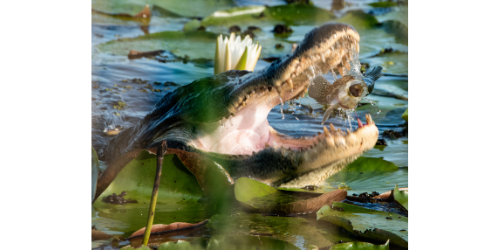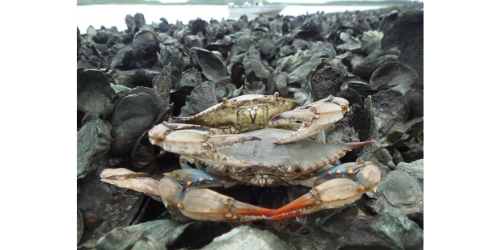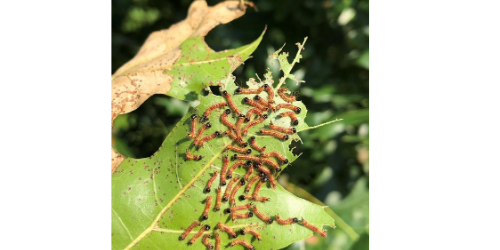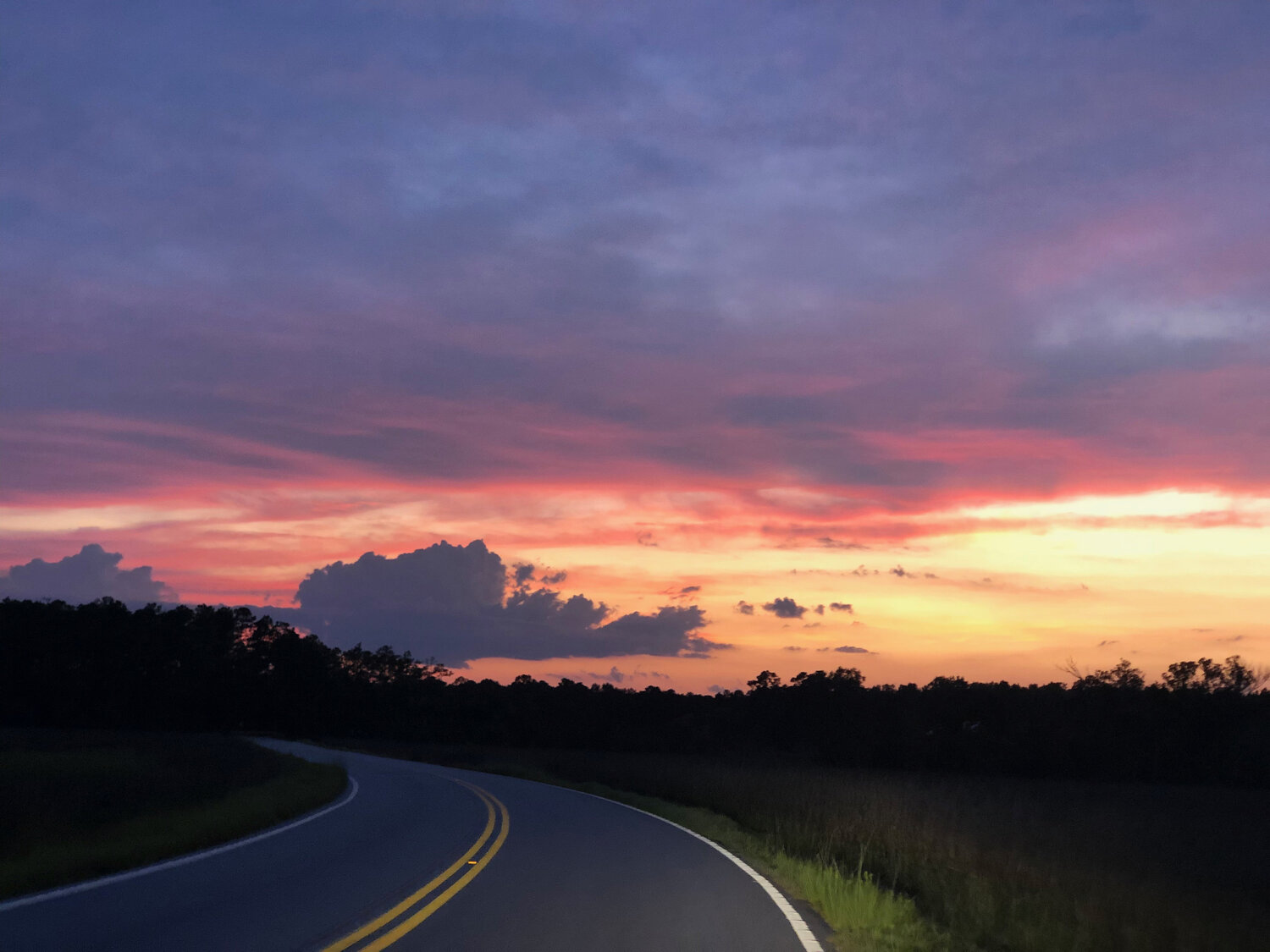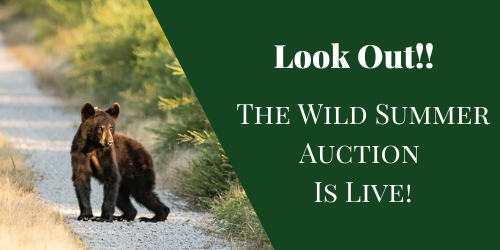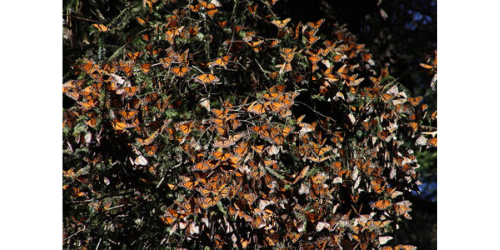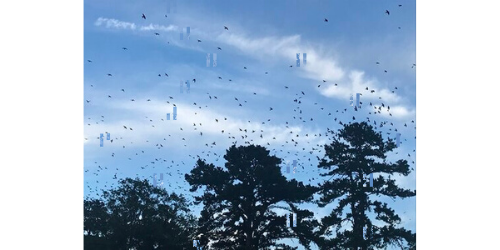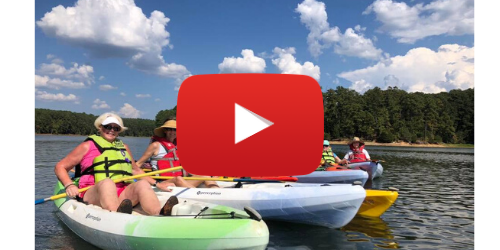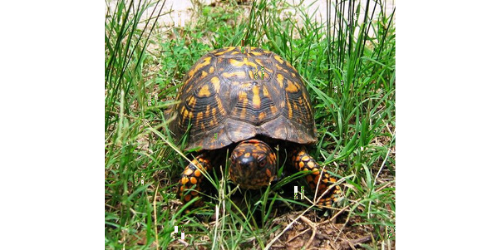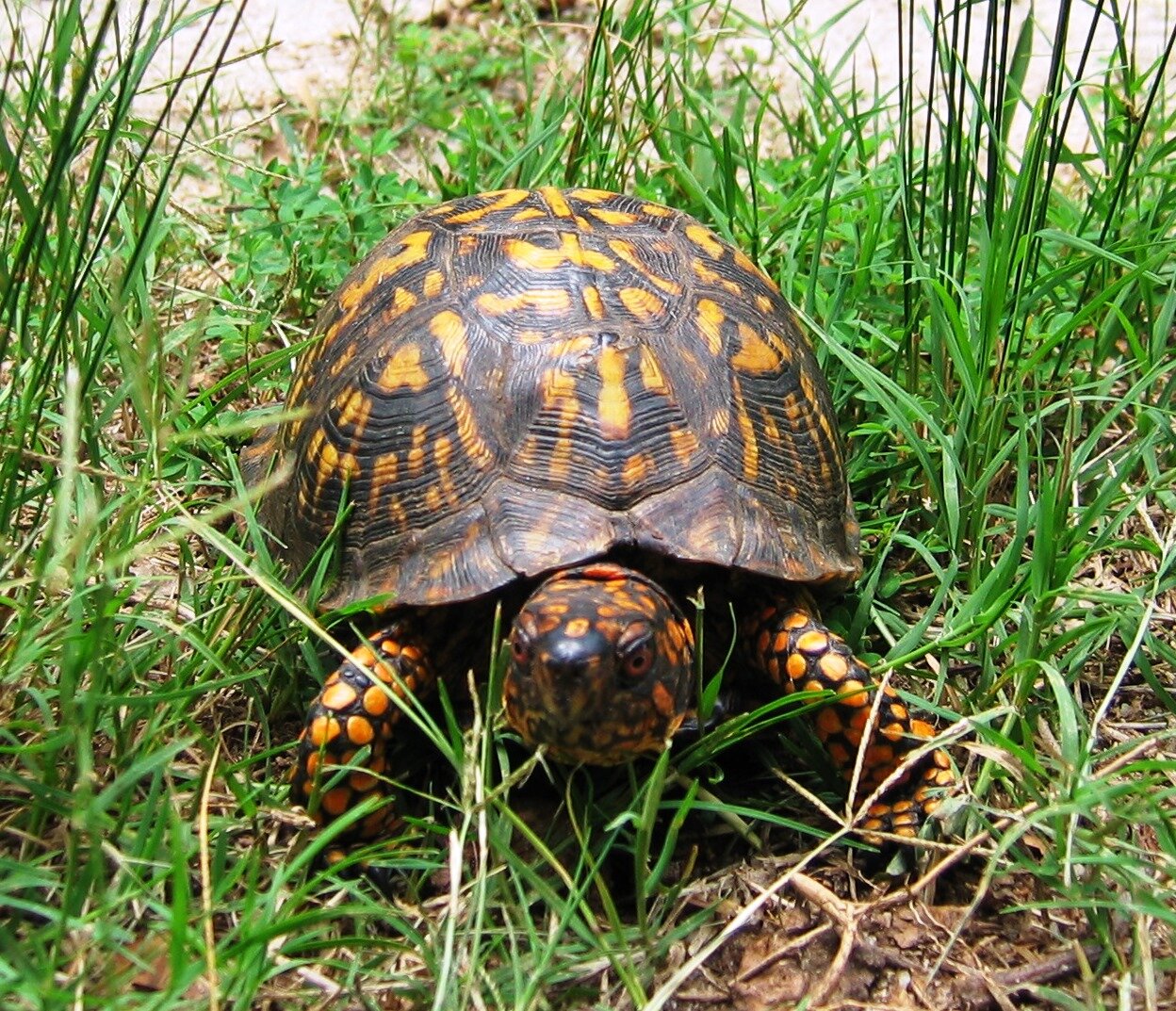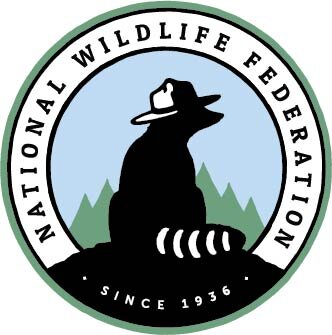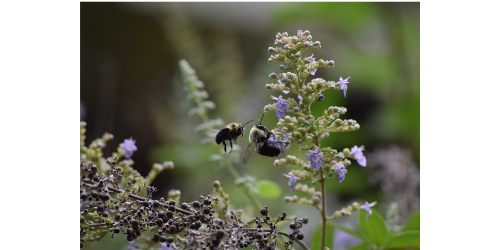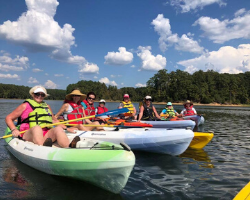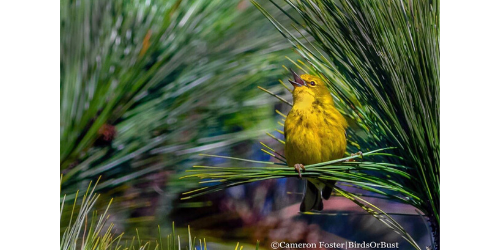The White House rewrite will mask pollution’s full harm to communities, environment
CHARLOTTESVILLE, VA — A group of 17 environmental organizations in a lawsuit today accused the government of racing through an industry-friendly rewrite of the National Environmental Policy Act by “cutting corners” and discarding decades of rule-making policies that ensure major legal changes are done fairly and transparently.
If allowed to stand, the changes to NEPA – often called the “Magna Carta of environmental laws” – will reduce the public input that has guided major projects for decades, further diminish the voices of communities that have long suffered environmental injustices, and mask the full extent of polluting projects.
The groups are represented by the Southern Environmental Law Center. The lawsuit comes two weeks after President Trump announced the damaging downgrade to NEPA at a press event in Atlanta. In doing so, the Trump administration sidestepped the longstanding legal process that guides law changes.
The Council on Environmental Quality, the agency in charge of the rewrite, “simply jettisoned the rules to give industry executives what they want at the expense of the public,” said Kym Hunter, an SELC senior attorney. “But the Trump administration isn’t allowed to change a law by breaking the law. And we won’t let this administration get away with it.”
The lawsuit’s first paragraph outlines the groups’ main challenge to CEQ’s process:
In its most recent opinion on the strictures of the Administrative Procedure Act, the Supreme Court affirmed that “the Government should turn square corners in dealing with the people” … In other words, while the federal government has the ability to change policies, rules and regulations, it must follow the law, not cut corners, when it does so.
To rewrite NEPA, CEQ held just two public hearings, one in Washington D.C. and the other in Denver. Despite the limited in-person engagement, the agency received more than 1.1 million comments and, under CEQ policy, has a duty to review them. However, the agency moved forward with the rewritten rule four months later.
Meanwhile, responding to much smaller tasks like providing public records took CEQ more than a year and a half, hastened only when a judge ordered CEQ to quicken its pace.
In addition to skirting the law, the rewrite also damages NEPA by removing from consideration “cumulative impacts” and “indirect effects” when assessing large projects.
“Cumulative impacts” take into account how pollution from a new project – for example increased car emissions spurred by a new interstate – are added to pollution already in place from the existing road network. “Indirect effects” are foreseeable changes that happen later, like increased sprawl and development from that new interstate.
Removing those considerations means communities will not be fully informed about the potential harmful consequences of proposed projects like pipelines, highways and intensive development.
“NEPA has given a voice to communities of lesser means that often bear the brunt of polluting projects,” Hunter said. “It is a tool of democracy, a tool for the people. We’re not going to stand idly by while the Trump administration eviscerates it.”
Quotes from participating organizations:
“NEPA has been a critical tool for protecting our rivers and our communities. We will continue to work with our partners to fight this misguided and illegal rollback of one of our country’s most important environmental laws.” – Bill Stangler, Congaree Riverkeeper.
“These new regulations put historic places and cultural landscapes at risk across the country. Congress enacted NEPA to make sure that people have a say in federal decisions impacting resources in their own communities. We cannot let our citizens lose their voice.” – Paul Edmondson, president, National Trust for Historic Preservation.
“Whether it’s informing proposed actions on our national forests or addressing waterways damaged by irresponsible tourism development, NEPA has been an invaluable tool for Appalachian communities and their transition away from a declining coal economy. We look forward to challenging this unacceptable rollback and ensuring that current and future generations retain their voice in how our public lands and natural resources are managed.” – Wally Smith, vice president, The Clinch Coalition.
“We cannot allow yet another rollback of a bedrock environmental law. This new National Environmental Policy Act rule favors mining, drilling and other projects that will push imperiled wildlife to the brink of extinction. From polar bears threatened by oil drilling in the Arctic, to North Atlantic right whales being killed by vessel strikes and fishing gear entanglements, to Florida panthers struggling to recover in the face of unrestricted development, we will never stop fighting to protect wildlife.”– Jane Davenport, senior attorney, Defenders of Wildlife.
“The National Environmental Policy Act is the bedrock legislation that helps impacted communities protect special places from ill-conceived infrastructure projects, such as pipelines and dams. For two decades, Alabama Rivers Alliance has engaged in the NEPA process to amplify the voices of ordinary people standing up for their own lands and waters. The current administration’s attempt to topple 50 years of fundamental environmental law is an illegal and transparent gift to industry; another assault on the environment to meet and defeat. We are proud to be joining in this important legal challenge to stop these reckless rollbacks.” – Jack West, policy director, Alabama Rivers Alliance.
“Weakening NEPA rules is a body blow to the structure of environmental protections we’ve built over the last fifty years. Americans have the right to fully participate in decisions about our future and the health of our world and we will defend that right.” — David Sligh, conservation director, Wild Virginia.
“Local communities rely on NEPA to understand how big projects could impact the air they breathe and the water they drink. We must stand up and defend our right to have a say over what happens in our own backyards.” – June Blotnick, executive director, Clean Air Carolina.
###
For more than 30 years, the Southern Environmental Law Center has used the power of the law to champion the environment of the Southeast. With more than 80 attorneys and nine offices across the region, SELC is widely recognized as the Southeast’s foremost environmental organization and regional leader. SELC works on a full range of environmental issues to protect our natural resources and the health and well-being of all the people in our region. www.SouthernEnvironment.org
Press Release from the Southern Environmental Law Center
For Immediate Release: July 29, 2020
Contact: Mike Mather, SELC Communications; (434) 977-4090 or cell/text (434) 333-9464; mmather@selcva.org




